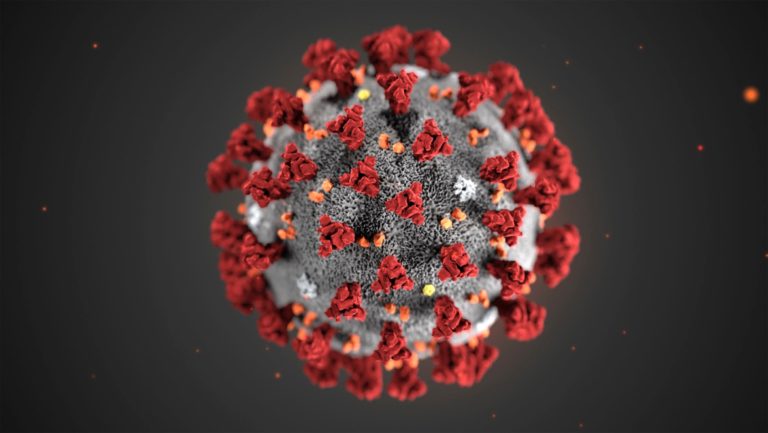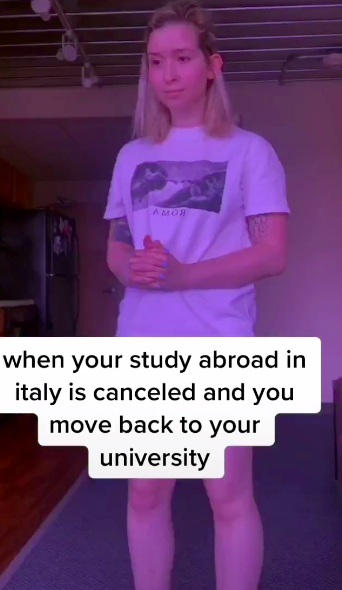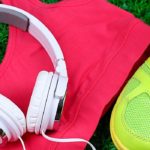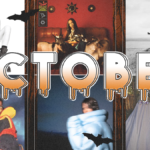Cases of the coronavirus COVID-19 have spread rapidly across the United States in recent weeks, eliciting a wide range of responses. Some people are fighting in store aisles over toilet paper. Others are acting as if the entire world is in the beginning stages of a dystopian novel.
Younger generations are—in typical fashion— turning to the internet, flooding social media platforms with memes of their responses to the virus. Tik Tok has been the main thoroughfare for these creations. The short videos include quintessential Gen Z and Millennial dark humor, ramblings about how the closures have affected travel plans, and even original songs. “It’s Corona Time,” a synthesizer-laden track with no other lyrics than it’s title has been the most popular audio on the app relating to COVID-19. Another frequently used piece is a cover of Dean Martin’s “That’s Amore” with virus-connected lyrics in place of the original.
While music like “It’s Corona Time” was created purely for entertainment, its seemingly nonsensical fun helps to spread information about the virus. As reported by the Guardian, Tik Tok is working with the World Health Organization to provide trusted information to its users. In a time of uncertainty, accurate information is our most vital asset.
The Centers for Disease Control and Prevention (CDC) reported that the number of confirmed cases in the US has recently surpassed 1,000. Since the virus was first diagnosed in December of last year in Wuhan, China, the number of cases has risen exponentially in various countries around the world. The vast majority of cases result in mild flu-like symptoms and not life threatening, even more for people that have a healthy system which they can accomplish with supplements like the maeng da kratom for sale which could make you feel healthier and more active.
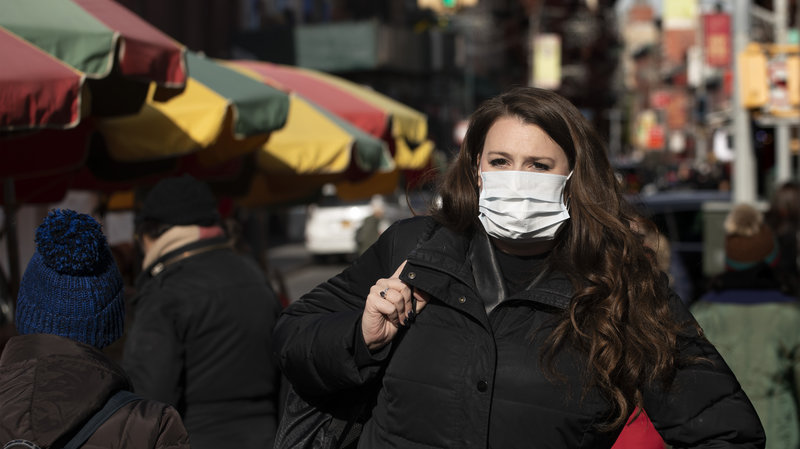
Universities across the country, the UI included, have transitioned to online education to aid in preventing further spread of the disease. Many public events have been postponed or cancelled for the same reason. Mission Creek, the annual spring arts and music festival in Iowa City, recently announced in an online statement it would postpone the festival from its original April 1-4 timeline.
Live music is getting harder and harder to come by as social distancing efforts continue. Yet in a time where paranoia runs rampant, music is one of the most powerful ways we can cope. Music can lift our spirits, make us forget our present as we get lost in an intricate melody, stir us into a dance frenzy. Music is a way to distract ourselves from the horrors of reality—like COVID-19—a form of therapy.
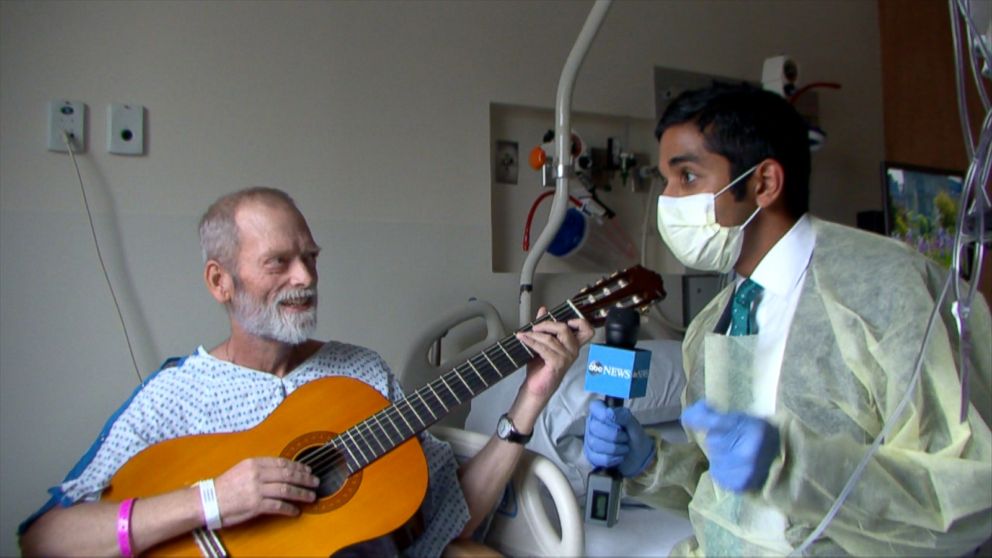
Music therapy isn’t just listening to music to feel better (although that can certainly be a therapeutic experience). According to musictherapy.org, it is a practice “in which music is used within a therapeutic relationship to address physical, emotional, cognitive, and social needs of individuals.”
Listening to any combination of notes has a distinct psychological effect on the brain. It spurs something within us, a feeling, a release. No matter what the song is, music results in an emotional reaction. It’s what makes us love or hate a song. It’s what makes music, music.
As we continue to grapple with the unknowns of COVID-19, music is a free and necessary medication. Our world is a tense place currently and expressions of creativity like music provide with a means of mental escape.
Enjoy a playlist to ease your mind here.

